Why Women Empowerment
With the collapse of the Somali Central Government in 1991, the legal, political and customary systems that protected Somali women drastically weakened. Customary laws which are biased against women and girls, lack of, or non-implementation of the necessary common laws, patriarchal Somali society make Somali women and girls not equal to men and boys and are socially excluded.
Women from marginalized and minority groups bear the greatest brunt, face inequalities and social exclusion.
What we Do
DBG continues to address a wide range of issues, including girls’ protection, gender-based violence, psychosocial support, inclusion of women in the decision making, education, employment opportunities and economic development.
Our Interventions
Organizational work involves providing direct services, capacity building, advocacy, and women engagement to promote women’s roles and against the existing pervasive, patriarchal social structures and the deeply rooted male domination in society that restricts progress on women empowerment ‘a negative bearing for the democratic space and governance.
DBG’s leverages on its long-term expertise and knowledge to inform policies, develop best practices, and collaborate with other stakeholders to create a safer and more protective environment for women from marginalized communities in the country.
Focus Areas
DBG women empowerment programs effectively engage at community and government level to advocate for;
i) Support for women, marginalized groups’ participation in decision-making at the local level through the incorporation of affirmative action principle;
ii) Promotion of minority, women’s socio-economic empowerment through the establishment of a fund to enable them access capital for investment;
i) Enhance the livelihood capacities of vulnerable women, excluded groups and people with disabilities;
ii) Enhance the voices and abilities of women and other excluded groups through awareness creation and support;
iii) More responsive policy reforms locally for women, people with disabilities and other excluded groups;
iv) Provision of education, medical and moral/financial support to those been victimized by the disease, e.g Fistula;

